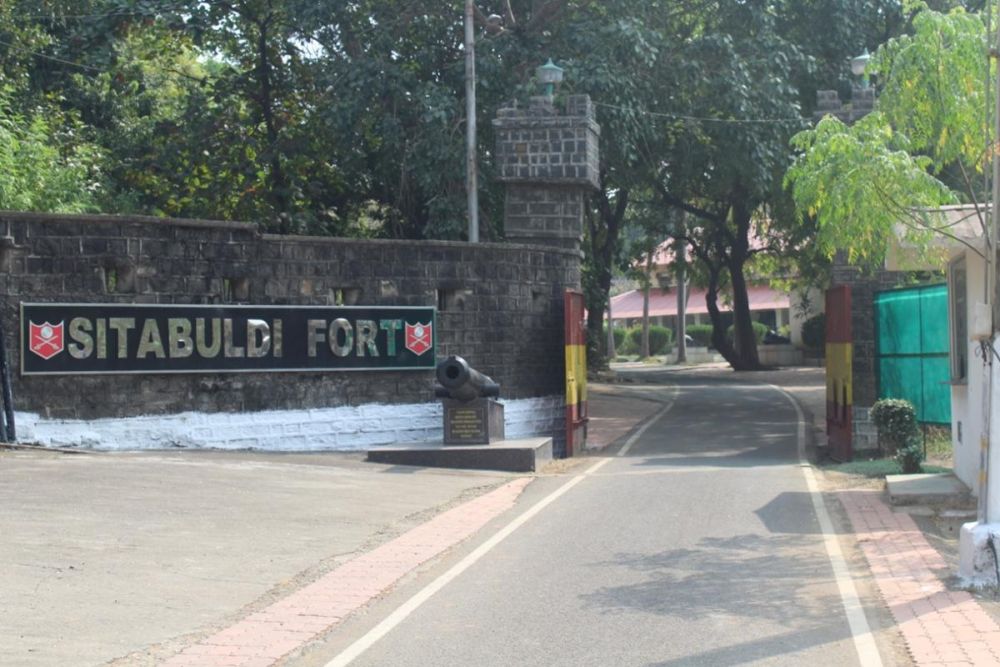

Situated atop a hillock in the heart of Nagpur, Maharashtra, the historical Sitabuldi Fort has been an important landmark ever since its establishment in the early 19th century. The fort is intrinsically linked with the Third Anglo-Maratha War where the Battle of Sitabuldi was fought in 1817. Over time, the significance of the fort transcended military use and it became a notable tourist attraction.
Tourism at Sitabuldi Fort began to gain traction in the latter half of the 20th century. With India's independence, there was a renewed interest in the nation's historical and cultural sites. Sitabuldi Fort, being one of the prominent reminders of the Maratha Empire and the British Raj, started to draw history enthusiasts, scholars, and tourists alike.
Over the years, the fort has seen a steady increase in visitors, bolstered by Nagpur's growing prominence as an urban center and its strategic location almost at the geographical center of India. This has made it readily accessible and placed it on the itinerary of many tourists exploring the central region of the country.
Heritage Walks: Recently, there has been a rise in curated heritage walks that include Sitabuldi Fort as a key destination. These guided tours provide in-depth historical context to visitors and allow them to appreciate the fort's architecture and its role in India's history.
Educational Excursions: Educational institutions frequently organize trips to the fort, making it an important resource for experiential learning. These excursions have helped increase its popularity among the younger demographic.
Event Hosting: The fort has also become a venue for hosting various cultural events and festivals, particularly on Independence Day and Republic Day, which attract large crowds and provide a boost to local tourism.
Digital Promotion: With a significant digital push by the tourism department, there are now virtual tours and historical snippets available online, allowing potential tourists to preview the fort’s grandeur, which in turn has contributed to increased footfall.
Sitabuldi Fort is open to the public on certain national holidays, including the 26th of January (Republic Day) and the 15th of August (Independence Day), with flag hoisting ceremonies being a major draw. Considering its active status as a military area, permissions may be required for visits outside these days.